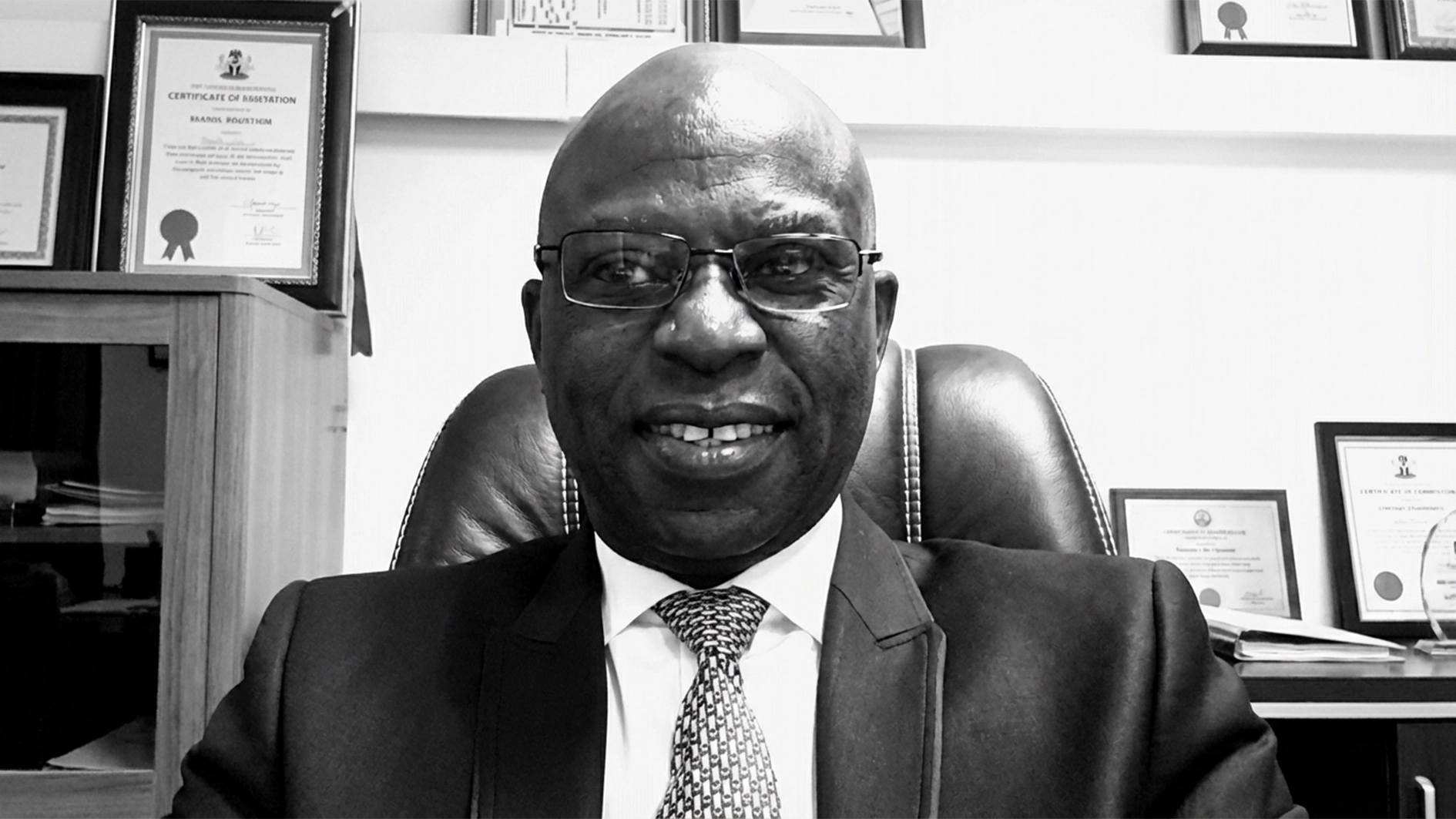*Africa accounts for nearly $70m in denials by ‘discriminatory’ 29 European countries
Nigeria last year lost at least $5 million (N7.5 billion) to Europe via multiple visa application denials by the Schengen countries. The Guardian gathered that an estimated 50,376 short-stay Schengen visa applications were rejected in Nigeria last year, which is nearly half of all submissions made – a newly released data from the Migration and Home Affairs of the European Commission stated.
Applicants worldwide pay a non-refundable visa fee of 90 euros (about $100). So, Nigerians alone lost over 4.5 million euros (about $5 million) seeking permission to travel to the 29 European countries that make up the Schengen Area.
CNN reported that in total, African countries lost 60 million euros ($67.5 million) in rejected Schengen visa fees in 2024, analysis from the LAGO Collective shows. The London-based research and arts organisation has been monitoring data on European short-term visas since 2022 and says Africa is the continent worst affected by the cost of visa rejections.
Founder of LAGO Collective, Marta Foresti, said: “The poorest countries in the world pay the richest countries in the world money for not getting visas. “As in 2023, the poorer the country of application, the higher the rejection rates. African countries are disproportionately affected with rejection rates as high as 40-50 per cent for countries like Ghana, Senegal and Nigeria.”
She says this proves “inbuilt discrimination and bias” in the process. Findings show that many Nigerians who were denied Schengen visas rarely appeal or contest the decisions in court. They often reapply, losing more money in the process.
“The financial cost of rejected visas is just staggering; you can think of them as ‘reverse remittances,’ money flowing from poor to rich countries, which we never hear about,” the LAGO Collective’s Foresti said.
Schengen visa fees increased from 80 to 90 euros in July 2024, making it even more expensive for the world’s poorest applicants.South African management lecturer, Sikhumbuzo Maisela, said the visa rejection rates for Africans were lower than he expected. “The visa vetting process seems to be shaped less by outright prejudice and more by historical patterns of behaviour. Western countries have had instances where visa holders overstayed or violated terms, and this has influenced how future applications are scrutinised.” Though he hasn’t conducted formal academic research on the issue, Maisela said Africans should treat visas as an act of trust and hospitality and observe the rules.
“When one person violates these principles, it impacts all of us,” he said. “It makes it harder for the next applicant — someone who may be fully compliant — to be granted the same opportunity. So, in a way, those who break the rules contribute to the very discrimination others face.”
The EU report showed that of the total of 11.7 million visa applications received globally, a total of 1.7 million were rejected. That marked a 14.8 per cent average rejection rate, up from previous years, highlighting tighter scrutiny by many Schengen states.
The European Commission said it does not comment on individual cases, but EU law allows visa applicants to appeal negative decisions if they feel that the refusal was unjustified.
“The reasons for refusals vary, and include, for example, the submission of false or forged supporting documents such as bank statements or civil status documents, and weak socio-economic ties to the country of residence and hence a heightened risk of irregular migration,” it said. While Schengen visa rejections get the most attention due to the large number of countries, African applicants to the UK complain of similar access challenges.
UK visa fees rose from £100 to £115 in July 2024 ($134 to $154) and then to £127 ($170) in April this year. There was a 13.5 per cent spike in the cost of rejected visas to £50.7 million ($68.8 million) in 2024, the LAGO Collective estimates. Nigerians alone paid an extra £2 million trying to travel to their former colonial master, according to its calculations.
The EU report showed that of the total of 11.7 million visa applications received globally, a total of 1.7 million were rejected. In 2024, Malta recorded the highest rate of rejections, leading at a 38.5 per cent refusal rate. Also, in the exceptionally high rejection rates are Estonia and Belgium. The increase signals challenges for applicants, especially those from countries like Bangladesh and Pakistan, where rejection rates exceeded 62 per cent.
Nigeria lost $5 million to Europe via Schengen visa denials in 2024
![Schengen-Visa-Rejection[1]](https://guardian.ng/cdn-cgi/image/format=auto,width=600,fit=contain,q=70/https://cdn.guardian.ng/wp-content/uploads/2025/05/Schengen-Visa-Rejection1.jpg)





